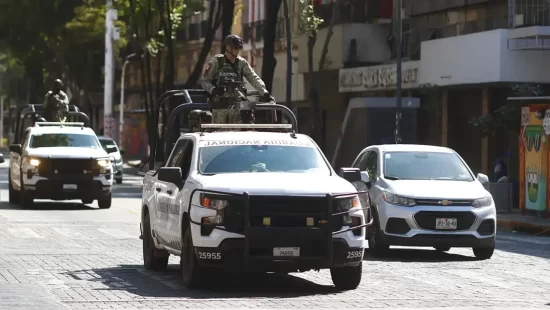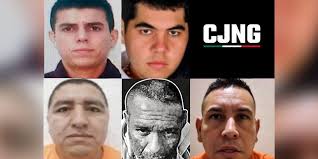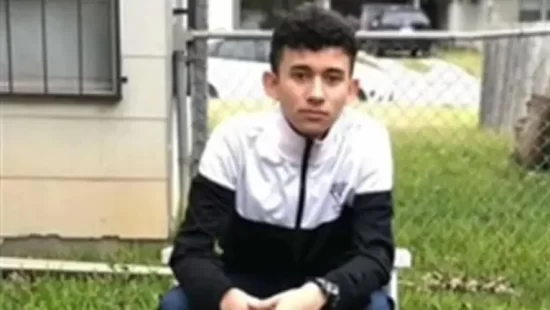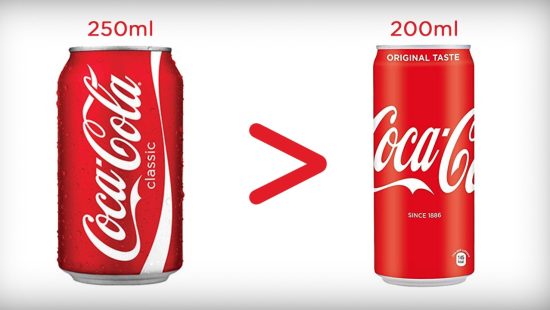
Protecting babies through maternal immunization can prevent lifelong illness, hospitalization, and even death.
Protecting babies through maternal immunization can prevent chronic illness and death. Here’s why it’s critical for Latino communities across the country.
“Out here, I don’t get tired,” 20-year-old Santiago Quintanar Gómez told his mother, Angélica, after moving from the smog-filled streets of Mexico City back to the quieter, clearer air of Mérida. For Santiago, who was born extremely premature at just 27 weeks and barely over 2 pounds, breathing has never come easy. His lungs were underdeveloped, and he spent his early years tethered to oxygen tanks, breathing tubes, and frequent hospital visits.
Behind his lifelong struggle with respiratory illness is a virus familiar to many pediatricians in the United States: respiratory syncytial virus (RSV). It’s a leading cause of bronchiolitis and pneumonia in infants—and a serious concern for families of color, including Latinos, who face higher risks due to disparities in healthcare access and crowded living conditions.
Now that a vaccine for RSV is finally available in the U.S. and other parts of the world—including newly in Mexico—Santiago’s story serves as a cautionary tale of what could have been prevented. “Every time he got sick, his lungs would shut down,” his mother recalled. “He even suffered a stroke from lack of oxygen.” A recent check-up revealed he’s now living with pulmonary hypertension, a condition that might have been avoided with early immunization.
The Power of Maternal Immunization
Vaccination during pregnancy is more than just a personal health choice—it’s a public health necessity. Through a natural process, pregnant women pass protective antibodies to their unborn babies via the placenta. This gives newborns critical defenses during their most vulnerable months—before they can receive vaccines themselves.
Dr. Zigor Campos, an obstetrician in Mexico, emphasized that maternal immunization is the first and most essential line of defense for a baby’s immune system. “We need to think beyond the mother. This is about setting the child up for a healthier life,” he said.
For Latino communities in the United States, this message is especially important. According to the CDC, Latino children are more likely to be hospitalized with RSV and influenza than their white counterparts—often due to structural inequalities like limited access to prenatal care and vaccination.
Dr. Gabriela Ábalos, pediatrician and Latin America Vaccines Lead at Pfizer, calls the first 1,000 days of life—from conception to age two—the most important for a child’s long-term health. “It’s when brain, immune, and metabolic development are at their peak,” she said during a recent global vaccine summit.
Vaccines administered during pregnancy, she explained, can help prevent diseases that leave lasting damage to the lungs, brain, or metabolism. Infections like measles, influenza, or RSV don’t just cause short-term illness—they can shape a child’s future health outcomes.
The CDC and leading health experts recommend four essential vaccines during pregnancy:
-
Influenza (Flu): Pregnant people are more likely to experience severe flu symptoms. The seasonal flu shot is safe and reduces the risk of hospitalization for both mother and baby.
-
Tdap (Tetanus, Diphtheria, Pertussis): Given between 27 and 36 weeks of pregnancy, this protects newborns from whooping cough—a potentially deadly illness that infants can’t be directly vaccinated against until two months of age.
-
COVID-19: Pregnant individuals have higher risks of complications from COVID-19. Vaccination reduces hospitalizations and adds a layer of protection for the baby.
-
RSV (Respiratory Syncytial Virus): Recently approved for use during pregnancy in the U.S., this vaccine is recommended between 32 and 36 weeks of gestation. A 2024 real-world study in Argentina showed it reduced serious RSV cases in infants by more than 70%.
Despite overwhelming evidence that vaccines are safe and effective, misinformation—especially on social media—continues to erode trust in science, particularly in communities that have historically been underserved.
Dr. Campos notes that even some healthcare providers in Latin America and the U.S. cast doubt on vaccines, contributing to public hesitation. “There are always people with strange ideas—but that’s why clear communication is essential,” he said.
For Latino communities in the U.S., overcoming misinformation requires culturally competent, empathetic outreach. Dr. Ábalos believes in leading with compassion: “We have to listen to concerns, explain with kindness, and inform with love,” she said. “Families deserve answers that honor their questions.”
Public health experts agree that the benefits of maternal vaccination extend far beyond birth. For Latino families, where language barriers, immigration status, and cost concerns often limit access to healthcare, increasing awareness and access to vaccines during pregnancy could be a game-changer.
Programs like the CDC’s Vaccines for Children (VFC) and community-based health centers offer free or low-cost vaccinations, yet many families remain unaware of these options. Bilingual health campaigns and trusted messengers—such as promotoras or community health workers—can play a key role in closing that gap.
Santiago Quintanar’s story is a powerful reminder of what’s at stake. While he and his mother showed extraordinary resilience, no child should have to suffer long-term consequences from an illness that can be prevented.
In a country as advanced as the United States, every child—regardless of their background—should have the chance to grow up healthy and strong. That protection starts with maternal vaccination.








